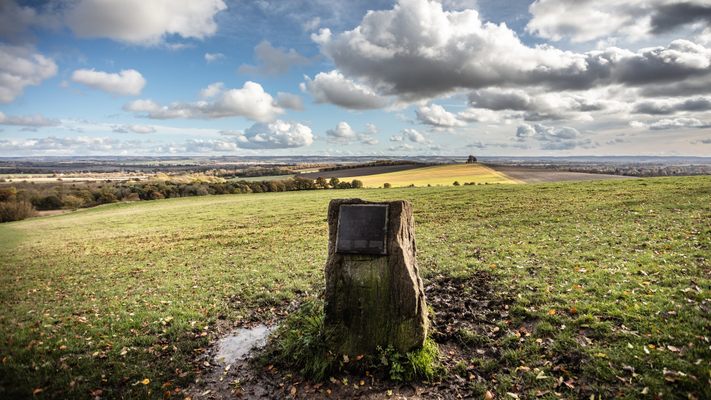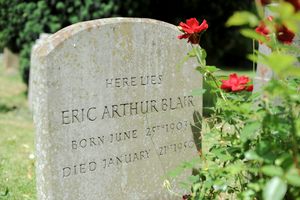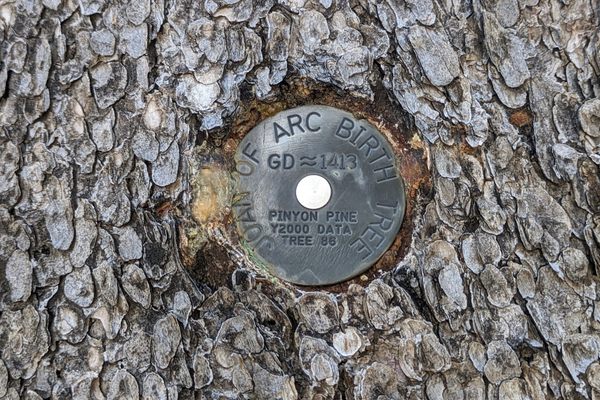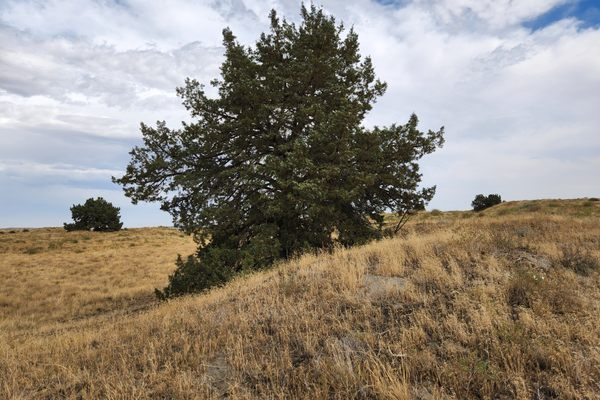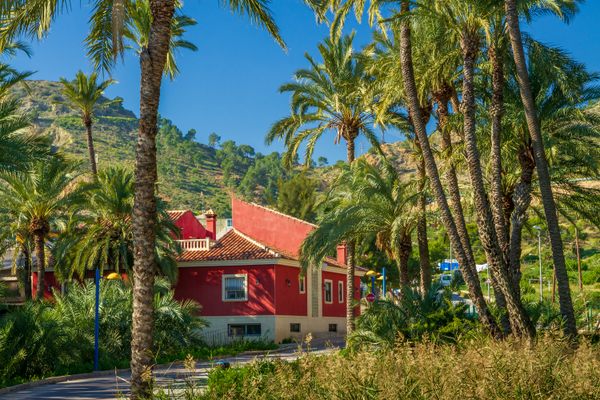About
The Poem Tree stood, for close to 450 years, on Castle Hill, at Oxfordshire’s Wittenham Clumps. In the 1840s, the tree was furnished with a carving by Joseph Tubb who etched the words of his 20-line poem into the beech.
As up the hill with labr'ing steps we tread / Where the twin Clumps their sheltering branches spread / The summit gain'd at ease reclining lay / And all around the wide spread scene survey / Point out each object and instructive tell / The various changes that the land befell / Where the low bank the country wide surrounds / That ancient earthwork form'd old Mercia's bounds / In misty distance see the barrow heave / There lies forgotten lonely Cwichelm's grave.
Around this hill the ruthless Danes intrenched / And these fair plains with gory slaughter drench'd / While at our feet where stands that stately tower / In days gone by up rose the Roman power / And yonder, there where Thames smooth waters glide / In later days appeared monastic pride. / Within that field where lies the grazing herd / Huge walls were found, some coffins disinter'd / Such is the course of time, the wreck which fate / And awful doom award the earthly great.
Inspired by his admiration for the surrounding landscape and its history, the careful process of carving this poem, from memory no less, is said to have taken Tubbs two weeks over the summer.
Though already 300 years old at the time of Tubb’s carving, the tree’s continued growth and development caused the poem to slowly become distorted as the years passed. With the foresight to know this unique poem had little time of legibility left, Henry Osmaston, a geographer in the area, took a rubbing in 1965 for posterity.
This rubbing was later recreated, alongside a transcription of the poem, on a stone close to the tree. Though placed in 1994 to commemorate the 150th anniversary of the carving, the stone now stands as a memorial to the lost tree and poem, since the beech collapsed in 2012.
Related Tags
Community Contributors
Added By
Published
June 9, 2023
